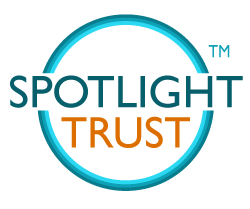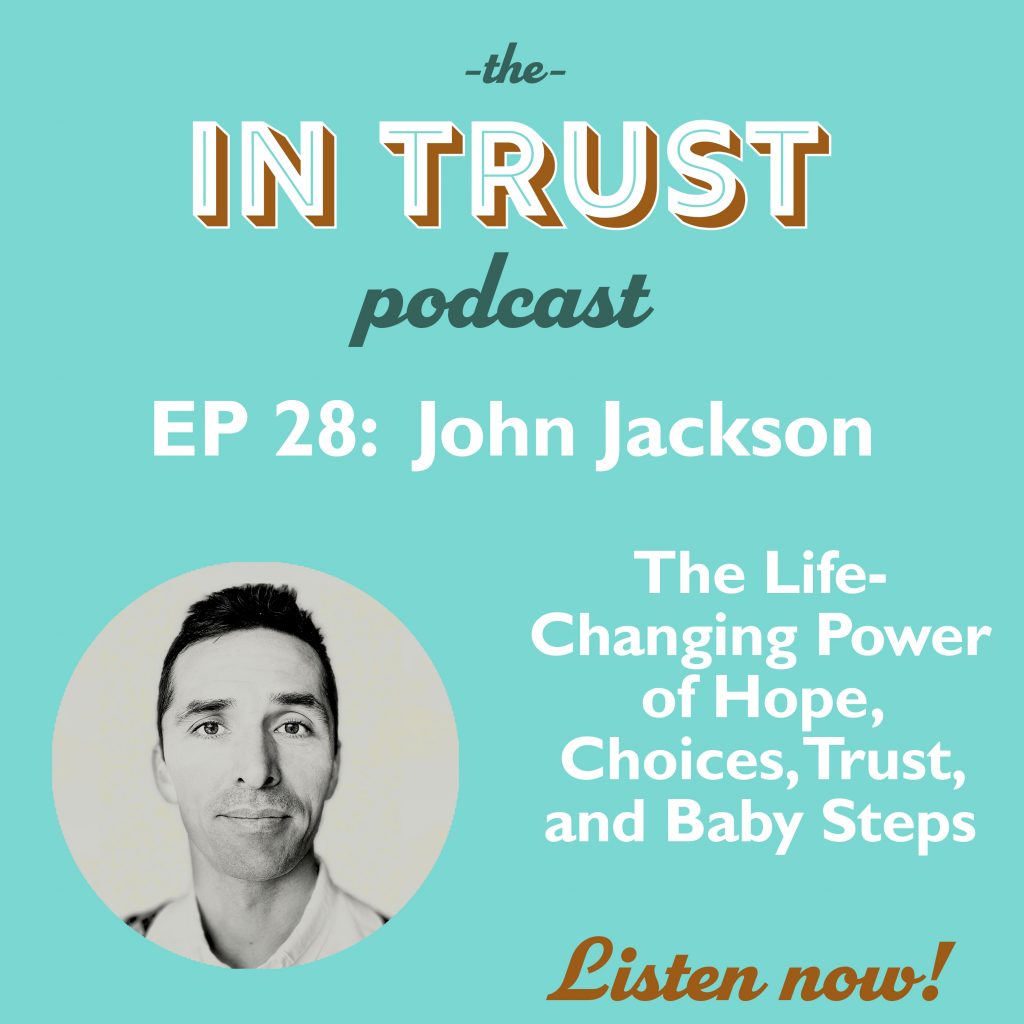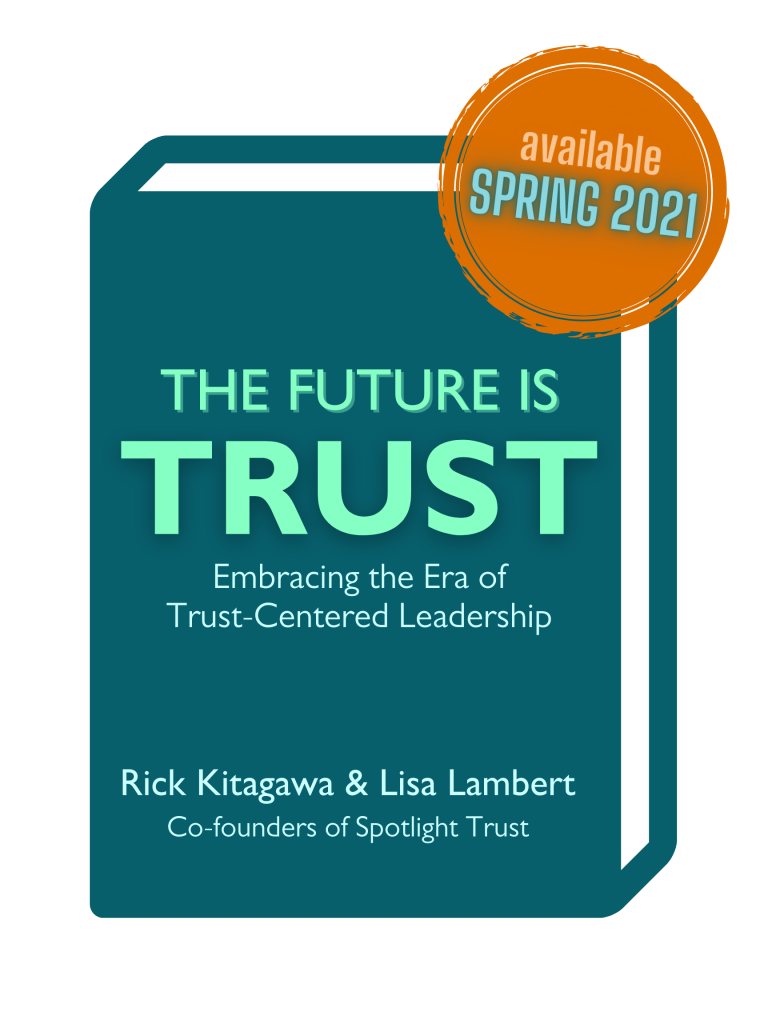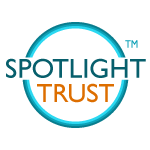How might your life be different if you made different choices? If you were given an opportunity to change and the support to do so? If you were given a second chance?
For John Jackson and the incarcerated people who he works with, these things are transformational.
John transformed his life after serving 18 years in The California Department of Corrections and Rehabilitation. He’s now a curriculum developer and the Director of Correctional Partnerships at Hustle 2.0, where he partners with correctional leaders, law enforcement, and nonprofits to provide quality educational programming and meaningful rehabilitation to the incarcerated population. He’s co-authored 9 books and more than 4,500 pages of groundbreaking curriculum that equip incarcerated people with the tools to transform their lives, find healing, and reduce recidivism.
We had the pleasure of connecting with John to learn more about the role trust played in his transformational story, about the remarkable work he does to maximize the potential of people who are incarcerated, and practical lessons we can all apply to our own lives so that we can take the baby steps that lead to big change.
If you’ve ever looked back on your life and wished you’d made a different choice or if you’ve ever felt hesitant or fearful about making a potentially life-changing choice, this episode is for you.
Overview of Episode 28: The Life-Changing Power of Hope, Choices, Trust, and Baby Steps with John Jackson
Talking Points
- How John and the Hustle 2.0 team go about creating the conditions for change and equipping incarcerated people with the tools to transform their lives by changing their thoughts and behaviors
- John’s story of how he transformed his life and hustle after serving 18 years in The California Department of Corrections and Rehabilitation
- How the Hustle 2.0 program helps address some of the values of the people growing up in a gang criminal lifestyle in order to support them in tackling their major issues and remind them that they have control over their choices and can choose to live a different life
- How instilling hope for a better future helps people who are incarcerated address their past history and what they can choose to do moving forward
- Dispelling myths about incarceration that are propagated on television and in film
- Why we need to be careful about defining people by the worst thing they ever did
- How prison systems are now starting to see there is a lot of potential in people who are incarcerated
- The power of second chances and how programming provides hope and is the cure to violence
- How entrepreneurship serves as a hook into the Hustle 2.0 programming
- How developing healthy coping mechanisms helps people make better choices
- How language plays a role in challenging the status quo, redefining what’s possible, and building trust
- Hustle 2.0’s origins in a maximum security prison in California
- How trust helps people who are incarcerated make the very scary – and potentially deadly – choice of leaving everything they’ve ever known and step away from criminal activity and the gang lifestyle
- How baby steps build trust and can effectively lead to big change
- How other people believing in you can help you believe in yourself and make radically different choices
- How the simple act of giving someone an opportunity can open a door to transformation
- The importance of getting clear about why you want to change and deciding what you are going to do about it
- Setting healthy boundaries with the voice in your head and with your relationships
- How we sometimes imprison ourselves with the stories we tell ourselves about decision-making and its consequences
Quotables
“My mentor, one of her sayings is that hope is a cure for violence. I love that because I didn’t have hope, and many people who are incarcerated don’t have hope. And when you don’t have hope, you can just lean into the wrong things.” – John Jackson
“When you don’t have a vision, other people will define it for you, quickly.” – John Jackson
“You have control over your choices. You may not have had the best cards dealt to you, but what you do from this point forward will make a difference.” – John Jackson
“The people who are in prison are human beings. They have a story and they didn’t just wake up in prison one day.” – John Jackson
“That’s the definition of a Maverick: it’s somebody who challenges the status quo.” – John Jackson
“When there are no programs, when there are no opportunities for people to change, you get violence, you get racism, you get segregation that’s still in prison. Programming is the hope, which is the cure for that violence, for the hopelessness.”
“We want to be relatable…We want to earn their trust and show them that we’ve been there, we’ve been in the trenches. So it’s, ‘I’ll show you my dirt. I’ll show you my humanity. I won’t just show you my credentials.’” – John Jackson
“[Other people believing in me and wanting to see me succeed] gave me the space to be creative, to learn to be me, and to use my skills in a positive way.” – John Jackson
“When I decided that I wanted to go home, it was small baby steps. When I decided that I wanted to change my life, it was small baby steps. When I decided that I wanted to be a writer and work for Hustle 2.0, it was baby steps.” – John Jackson
“Why do you want to change? Do you want to change because somebody else expects you to? Do you want to change because everyone else thinks you should? Or do you want to change because you want to be a better version of yourself? Why do you want to change? And then, what are you going to do about it?” – John Jackson
“When it comes to making decisions, a lot of people tell themselves, ‘the world is going to end’ or ‘I am literally going to die if this happens’. You’re basically choosing your own imprisonment when you say this to yourself. You are choosing to imprison yourself in a job, in a relationship, whatever it is. If you quit your job tomorrow, chances are you’re not literally going to die. Start evaluating what you view as consequences. The people who are in our program, the choices they are making have dire consequences. Not to say that your fears and your consequences won’t be real, but you’re probably not going to literally die. The world is not going to literally end tomorrow if you choose to make a positive change or take one courageous step in your life.” – John Jackson
Show Notes
- Hustle 2.0
- John Jackson’s LinkedIn
- The Crazy Nastyass Honey Badger
- Help end cycles of crime, poverty, and time by sponsoring a Hustle 2.0 Scholarship
This episode sponsored by:
The Future Is Trust
Embracing the Era of Trust-Centered Leadership
There’s a lot of uncertainty about the future, but one thing we are sure about is that The Future Is Trust. Which also happens to be the title of our forthcoming book.
The Future is Trust: Embracing the Era of Trust-Centered Leadership will be available in Spring 2021.
We are so excited to bring this reimagination of what a leadership book can be.
Check out thefutureistrust.com for book launch details, special previews, exclusive pre-order specials, and more.







